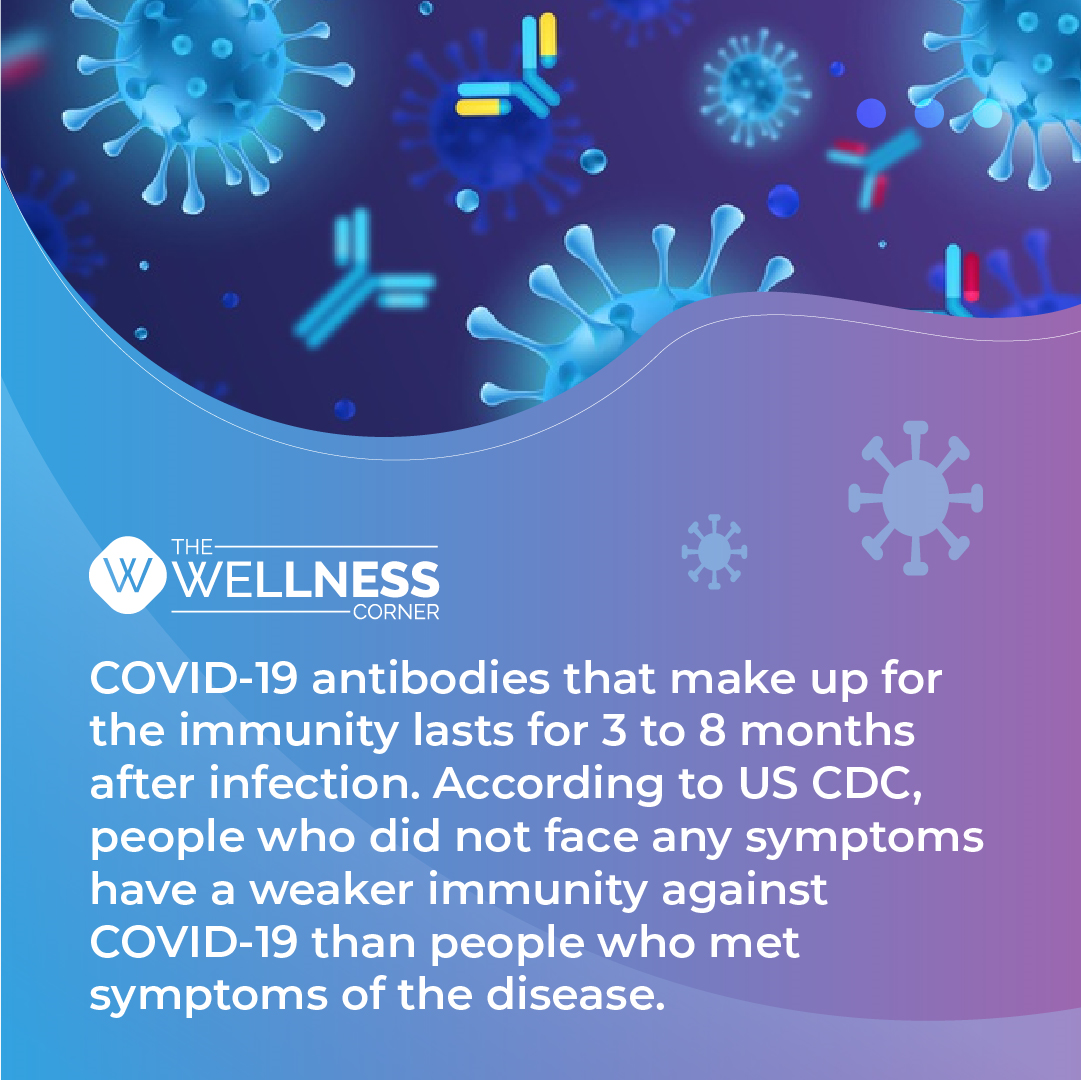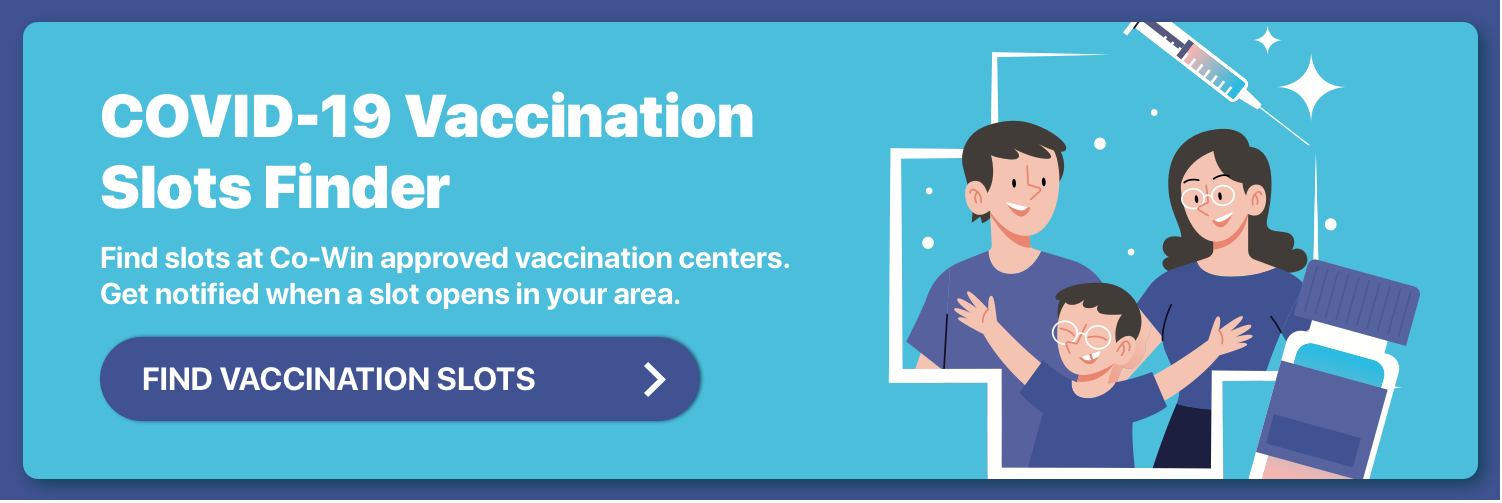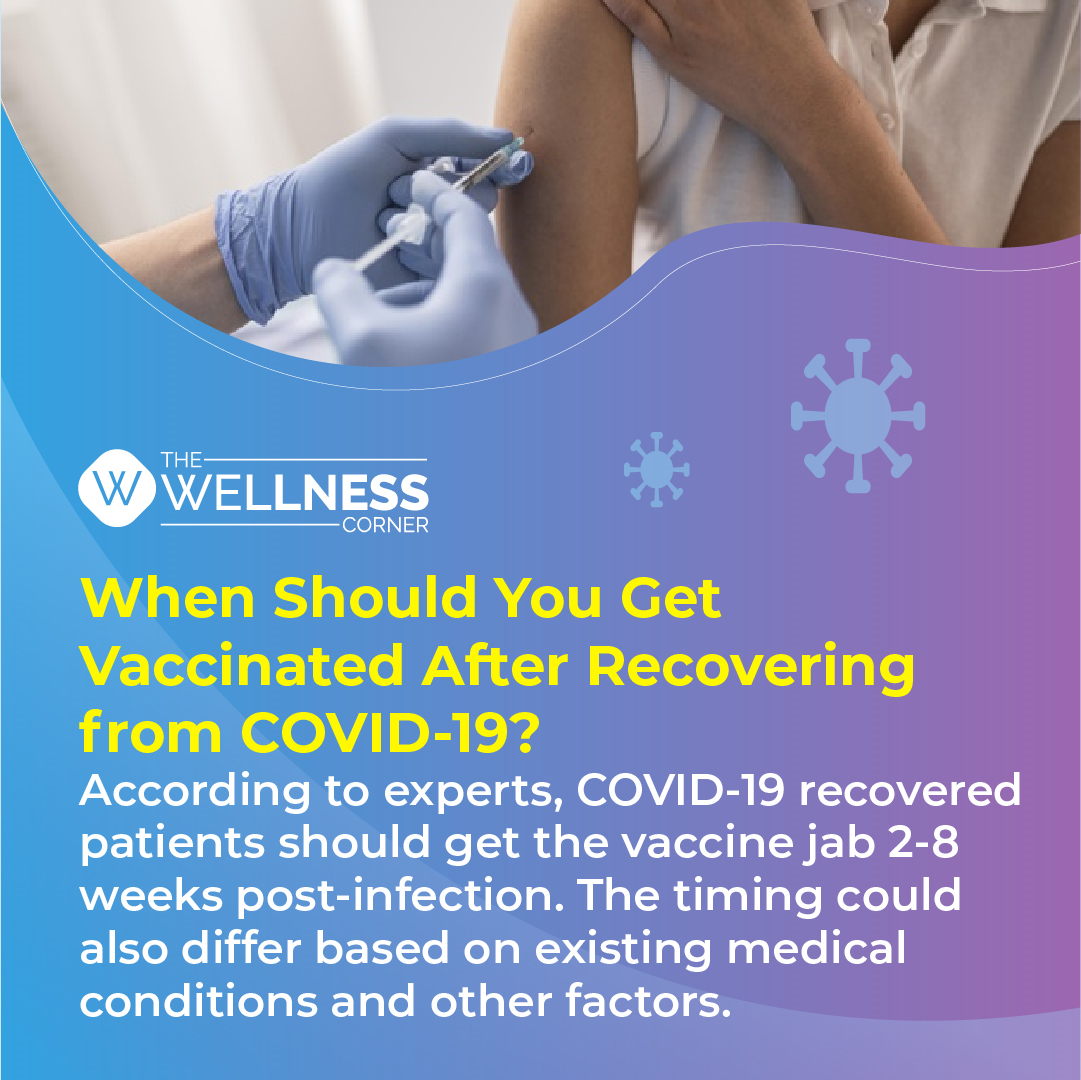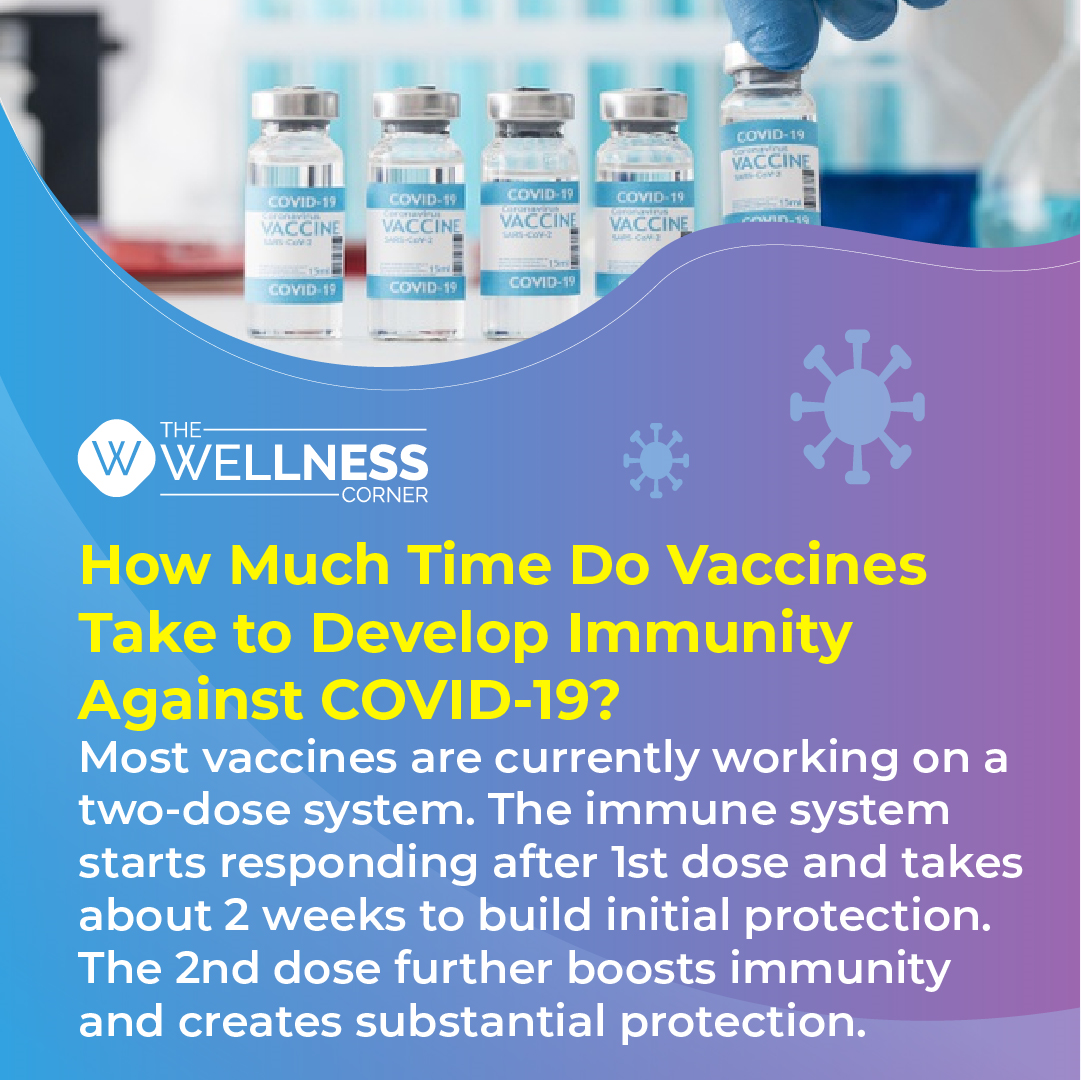How Long Do COVID-19 Antibodies Last in Your System?
- 43 months ago
The longevity of the antibodies effect is very crucial but it depends on many individual factors like sex, age, and severity of illness. The immune cells memorize the viral protein and start building antibodies on detecting the virus. COVID-19 antibodies last at least 3 months and may remain effective up to 8 months.

According to Centers for Disease Control and Prevention (CDC) Report, people who did not display any COVID-19 symptoms (asymptomatic) had a weaker immune response to SARS-CoV-2 infection. IgG is the common antibody found in our body fluids including blood. Immunoglobulin (IgG) levels were found higher in patients who recovered from mild Covid-19, especially during the initial 4-6 weeks.

Can I Get Re-Infected After Recovering From Covid-19?
Another NIH.gov study reveals: Whoever has had the infection, nearly everyone makes coronavirus antibodies after recovering due to the presence of 4 components for immunity. They are Antibodies, Helper T cells (Memory cells), Killer T cells (Fights pathogens), and B cells (Develop Ig against the virus).
The findings of this study show that people who have recovered from Covid-19 are not likely to get the infection again and even if that happens, the probability of such an occurrence is rare.

You May Also Like - How to Increase Oxygen Level in Covid Patients at Home
However, many people have complained of common symptoms post Covid-19 infection like-
- Anosmia (Smell and taste loss)
- Concentration problems
- Breathing issues
- Brain fog (Unclear memory)
- Confusions and cluelessness
- Headaches
- Heart ailments
- Tightening of chest
- Weakness etc

How Much Time Do Vaccines Take To Boost Immunity?
At present, two kinds of vaccines are available to the public in India- Bharat Biotech's Covaxin and Oxford University and pharmaceutical firm AstraZeneca’s Covishield vaccine. Russian vaccine for Covid-19, Sputnik V that has an efficacy rate of 91.6% will also be rolled out from May 1. India is routing it’s way to overcome this rough patch of time and has already signed agreements with Russia's RDIF sovereign wealth fund for more than 850 million doses of the vaccine this year.

Vaccines do not boost immunity instantly, it takes at least 2 weeks for the vaccination to start working and building protection. The current COVID-19 vaccination drive in India works on a two-dose system.
The immune starts responding after the first dose that takes 2 weeks and the second dose further boosts the immune system and makes it stronger but relatively in a shorter period after the initial jab.
If you are feeling unwell, book an RT-PCR test @home and get yourself vaccinated if eligible.
Can Remdesivir Improve Covid-19 Recovery?
Patients who took remidesivir recovered 5 days earlier as compared to patients who got a placebo. When compared to other groups, the drug has proved to be a lifesaver for patients on oxygen as it decreased the risk of death over the next month by 70%.
Some medical agencies do not support the fact that Remidiser is saving lives of people by stating it’s not remidiser but steroids and blood thinners that are crucial for patients, remideser is just reducing the illness time span.
Are There Any Effects on New Baby’s Immunity If Mother Had Covid-19?
Pregnant women are indeed prone to get infected easily but the transfer of infection from mother to baby is uncommon especially when mothers follow proper precautions like wearing masks and washing hands often. In fact, Dr. Melissa Stockwell says direct breastfeeding appears safe with precautions.
Better Ways of Boosting Immunity Still in Pipeline
While scientists and doctors are finding new and improved ways of treatment during the second wave of the coronavirus pandemic, the responses of the infection have been unclear. Multiple reports are showcasing multiple results, the data from different sources is still scattered and has raised concerns with SARS-CoV-2. While vaccines are just one of the ways to improve immunity, one should not forget to focus on their regular healthy diet and engage in activities like yoga that can boost your immune response. Our dietitians and yoga experts on The Wellness Corner can guide you with the same. When you have a chance to keep your illness away by staying healthy then why not?








